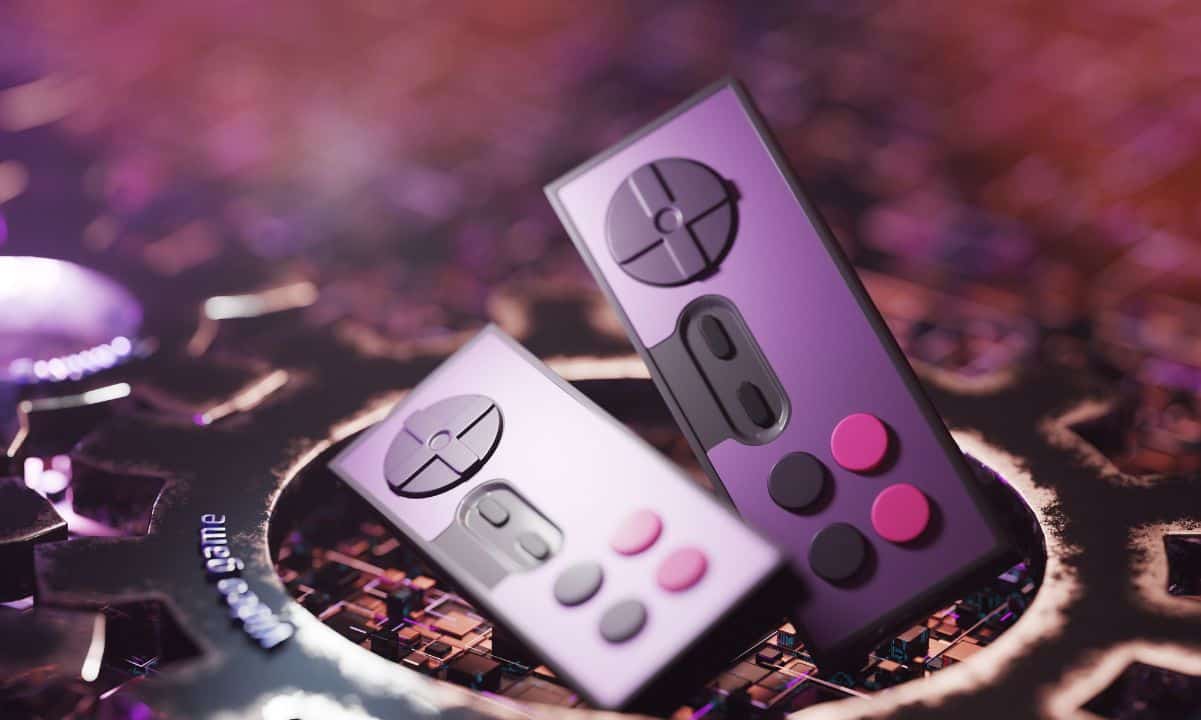
The GameFi market is poised for significant growth, projected to expand at an annual rate of 68%, as per the findings by Nansen analysts.
In fact, the blockchain analytics firm predicted that this rapidly evolving sector is on track to reach $301.5 billion by 2030.
Expansion of Blockchain Gaming
According to the latest blog post by Nansen, role-playing games (RPGs) “are particularly well-suited to benefit” in the GameFi ecosystem primarily because they leverage decentralized ownership of in-game assets, like characters and rare items, as NFTs.
This model allows players to own and trade these assets, adding real-world value to their in-game achievements and boosting engagement. RPGs already lead Web3 gaming, representing 22% of the market.
AAA and AA games are also making headway in Web3 GameFi. They currently account for 6% of the sector compared to 4% in Web2 games on platforms like Steam. With minimum funding of $25 million and publisher backing, AAA games offer “quality and immersion” that analysts suggest previously unseen in blockchain gaming. Explaining this trend, Nansen analysts stated,
“This further cements the idea that users gravitate towards high-production value games, implying that AAA titles in GameFi are filling an expected market need.”
Key Metrics for GameFi Success
The report revealed that there are key performance indicators such as low gas fees, high transactions per second (TPS), and strong security that are vital for the sustainability of GameFi projects.
Meanwhile, OpBNB stands out among major chains with the lowest median gas fee of $0.0001, ideal for gaming use. Ronin follows with $0.00179, and Polygon PoS at $0.00293. Immutable X, however, sets itself apart by offering free gas fees on NFT minting and transfers.
OpBNB runs at 97 TPS on average, below its 10,000 TPS limit, while Ronin averages 20 TPS, Polygon PoS handles 33 TPS, and Immutable X is at 0.02 TPS. Current low TPS averages suggest scalability isn’t yet a challenge, but high TPS will become crucial as gaming expands and Account Abstraction (AA) adoption adds complexity to game environments.

